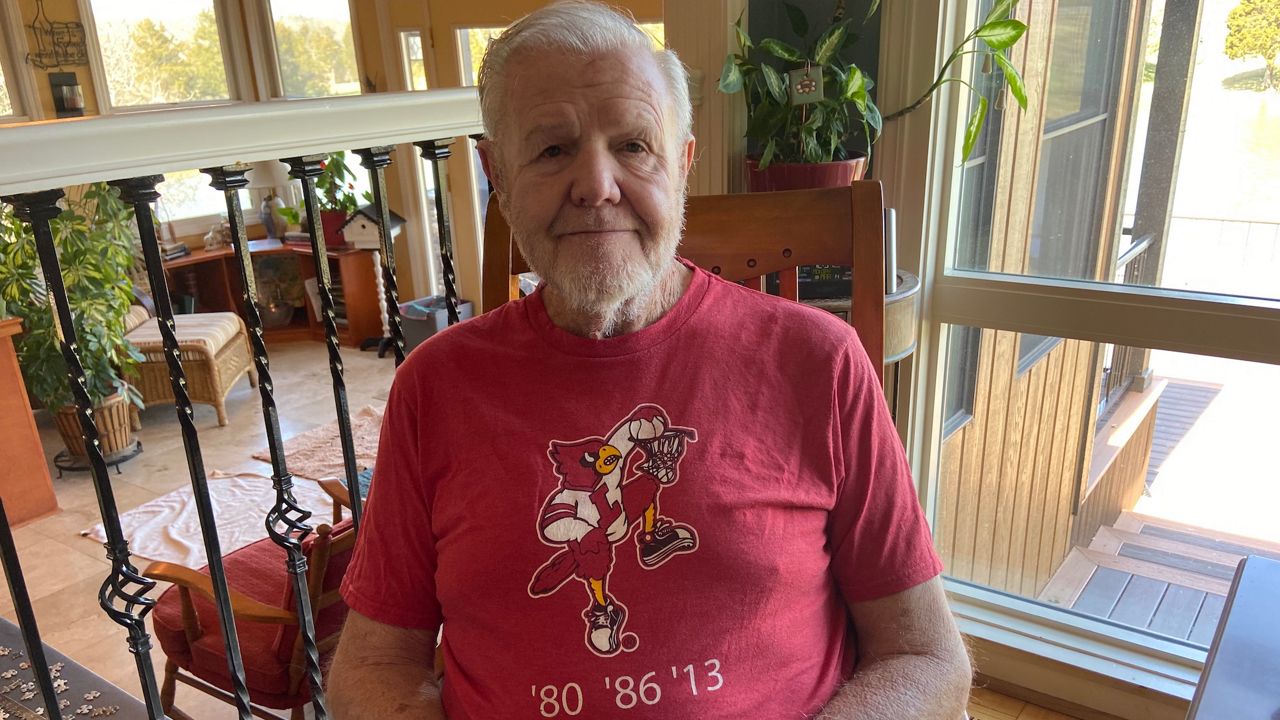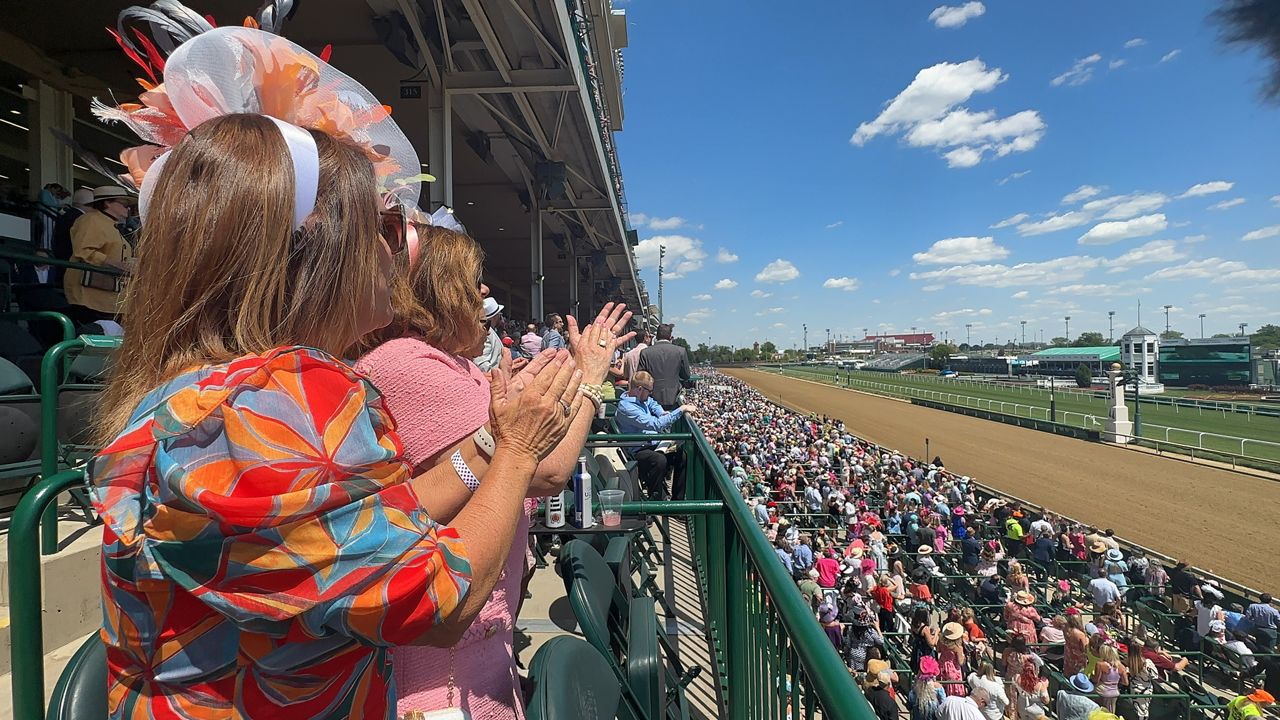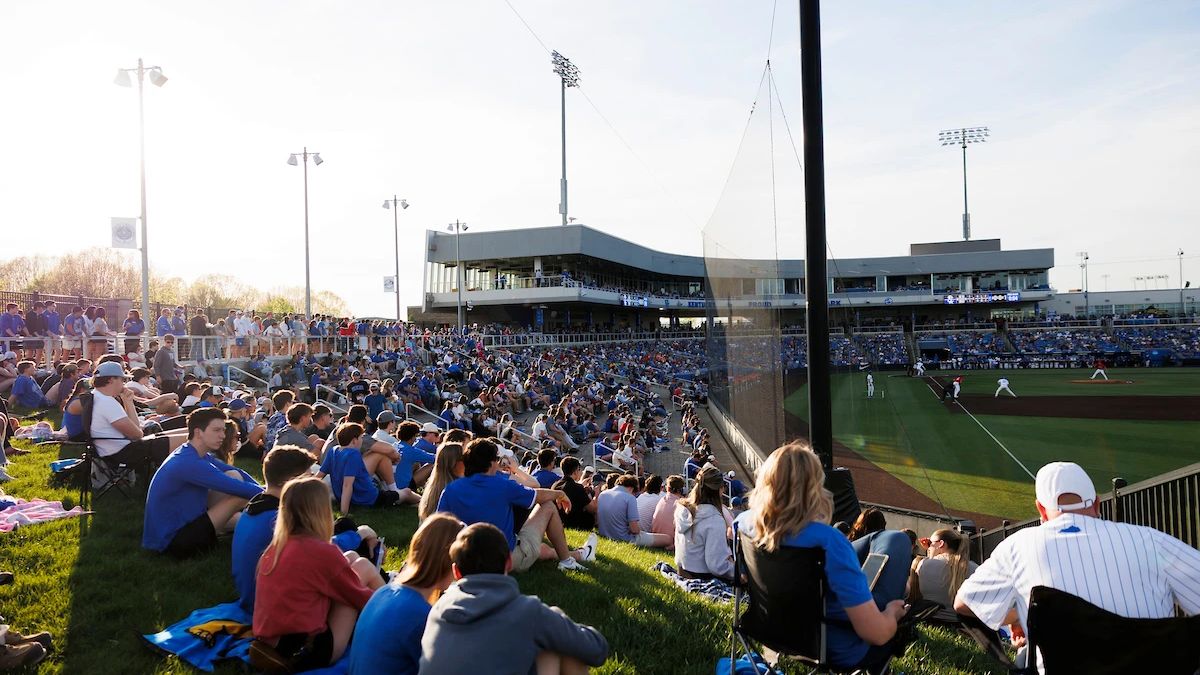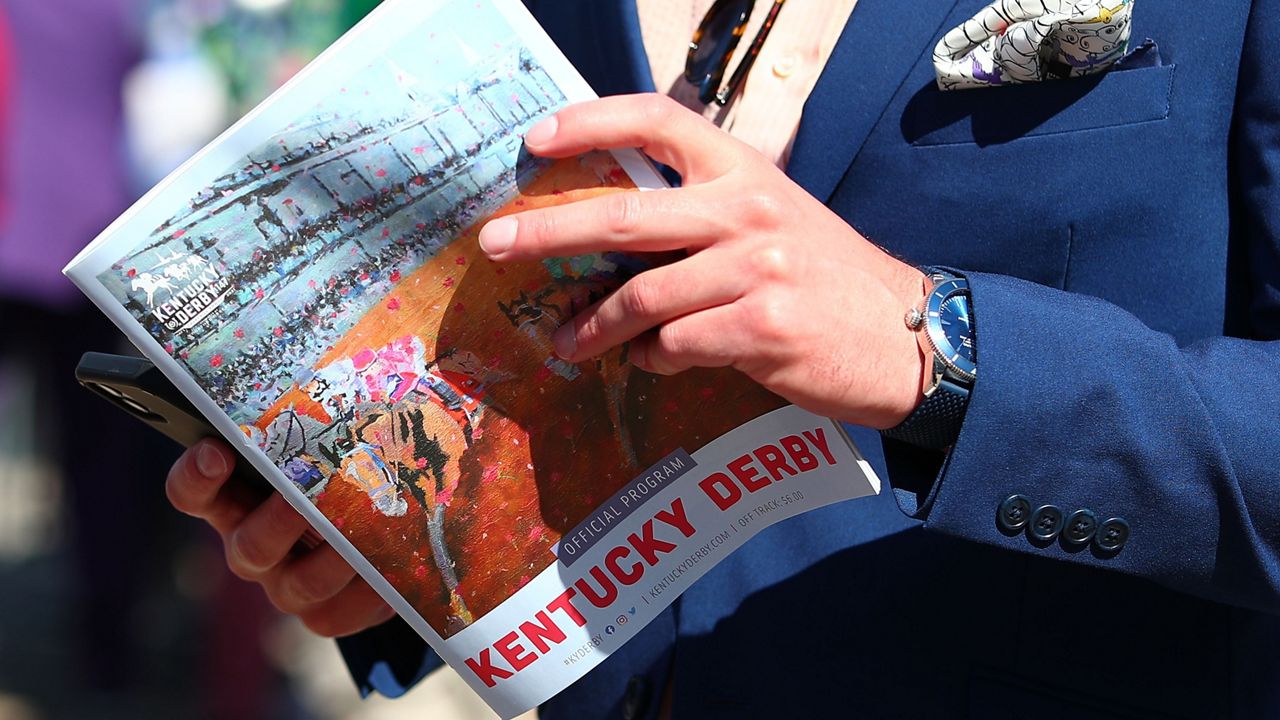LOUISVILLE, Ky. — During his four years as a player at the University of Louisville, Kenny Payne won a national championship, averaged better than 40% from behind the three-point line, and earned the right to call himself a first-round NBA draft pick.
Even as a player though, the man who was today named UofL’s newest basketball coach, showed an interest in carrying the clipboard, according to his own college head coach.
I thought he would be an excellent coach just because he wanted it so bad.“I remember one time he wanted to talk to me about coaching,” Denny Crum told Spectrum News 1 this week. “So, we had a little get together. I thought he would be an excellent coach just because he wanted it so bad.”
Payne would eventually achieve that goal, beginning his coaching career in 2004, but first he had a long playing career that took him from Mississippi, to Louisville, to the NBA and overseas.
Payne was a coveted recruit coming out of Northeast Jones High School in Laurel, Miss., where he averaged 32.7 points and 15.1 rebounds on his way to being named Mississippi's High School Player of the Year.
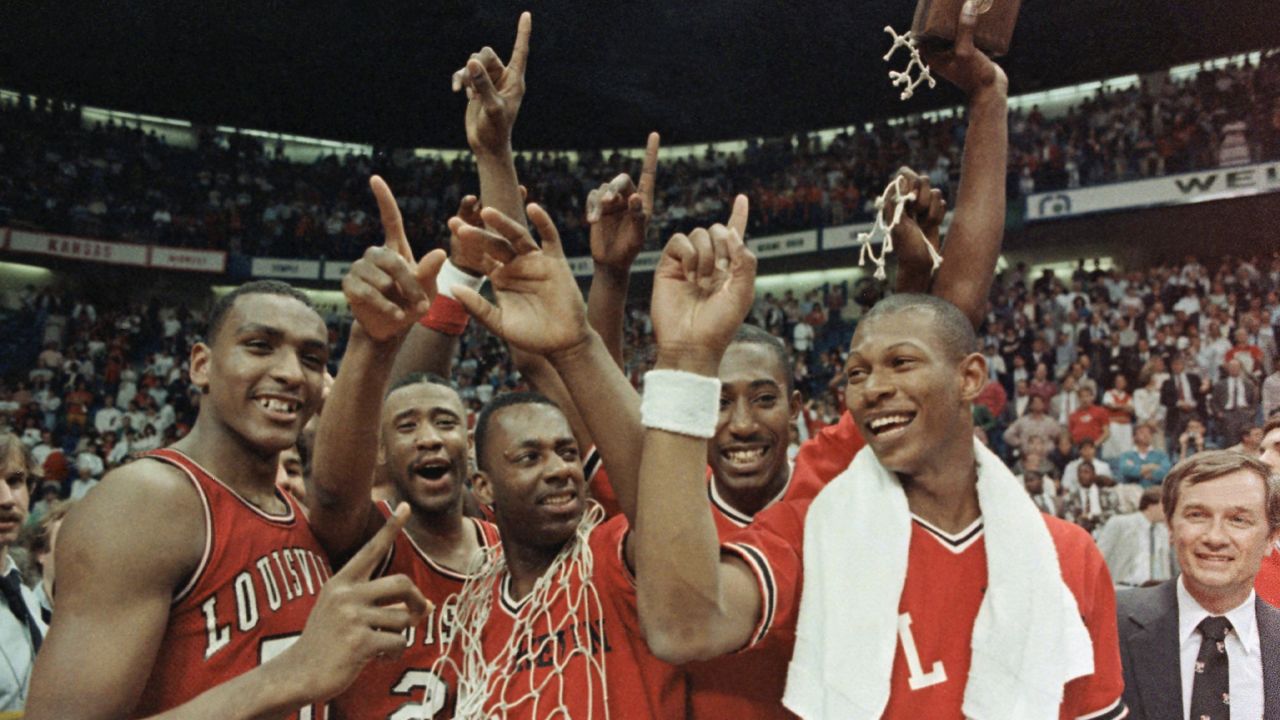
He arrived at UofL, which he chose over the University of Kentucky, as a part of a highly-touted recruiting class, joining Pervis Ellison and Kentucky’s Mr. Basketball, Tony Kimbro. At the time, Crum called Payne “as good a freshman shooter as I've ever had.”
Nearly 40 years later, the assessment holds. “He could have very been the best perimeter shooter that we had,” said Crum, adding that Payne was skilled in the post but that part of the court was often occupied by Ellison.
Payne's shooting ability was a rare talent for a 6-foot-8-inch forward in an era before the term “stretch four” was coined. And in Payne’s sophomore year, it would become even more valuable.
The NCAA adopted the three-point line in the 1986–87 season. That first season, no Cardinal attempted more than 37 threes, with Payne taking only 24, and making only six. But in his junior year, Payne emerged as the team’s top three point threat, shooting 41% on 83 attempts. In his senior season, he again led the team in three-point shooting at 43%.
That consistent improvement was due to his hard work. “He busted his butt out there everyday,” Crum said. “Anybody that played against him could tell you that he was hard to guard.”
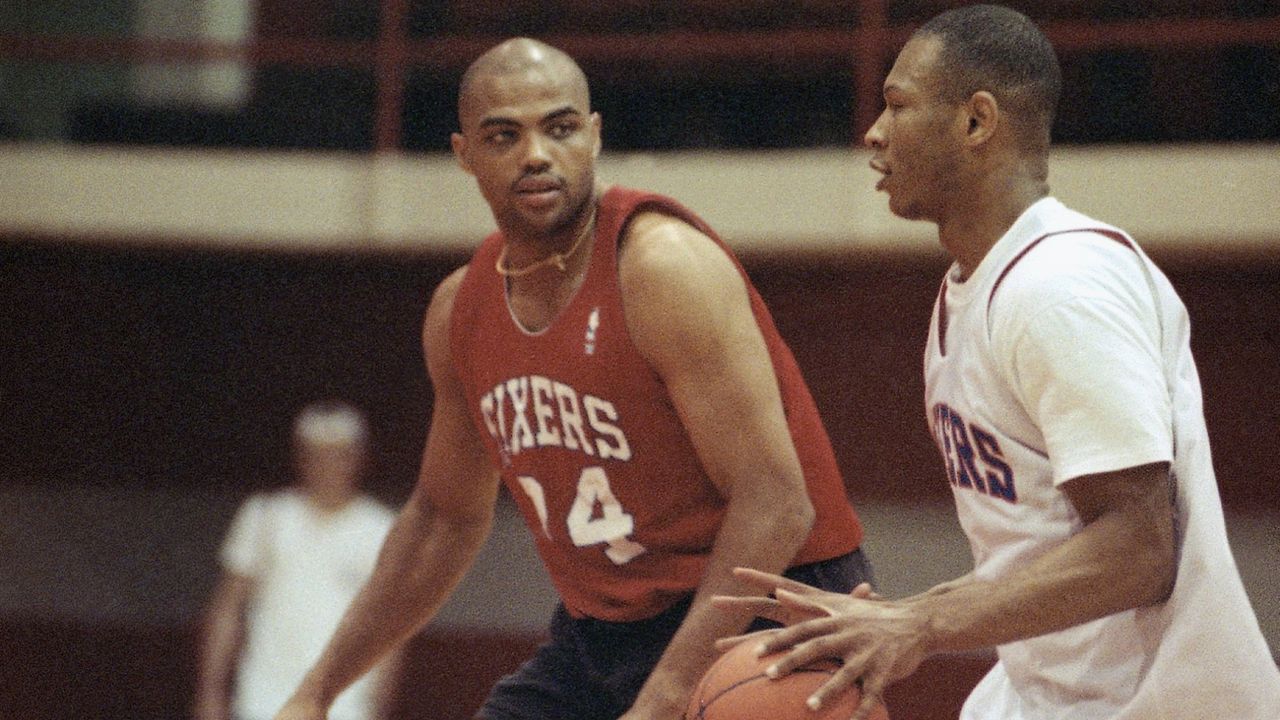
Payne’s shooting stood out to Philadelphia 76ers General Manager John Nash, who selected him 19th overall in the 1989 draft, ahead of players such as Vlade Divac and Clifford Robinson.
“There's no question in my mind that he will shoot with range with anyone in the league, including three-point range,” Nash said at the time. The Philadelphia fans were less optimistic and booed Payne the night he was picked.
In the end, Payne didn’t live up to Nash’s billing and only averaged 3.5 points across four seasons with the 76ers. In 1993, the team cut him to avoid paying him $250,000.
Payne went overseas for the next several years, playing in Italy, Japan, Brazil, the Philippines, Cypress, China and Argentina, before ending his career in Australia.
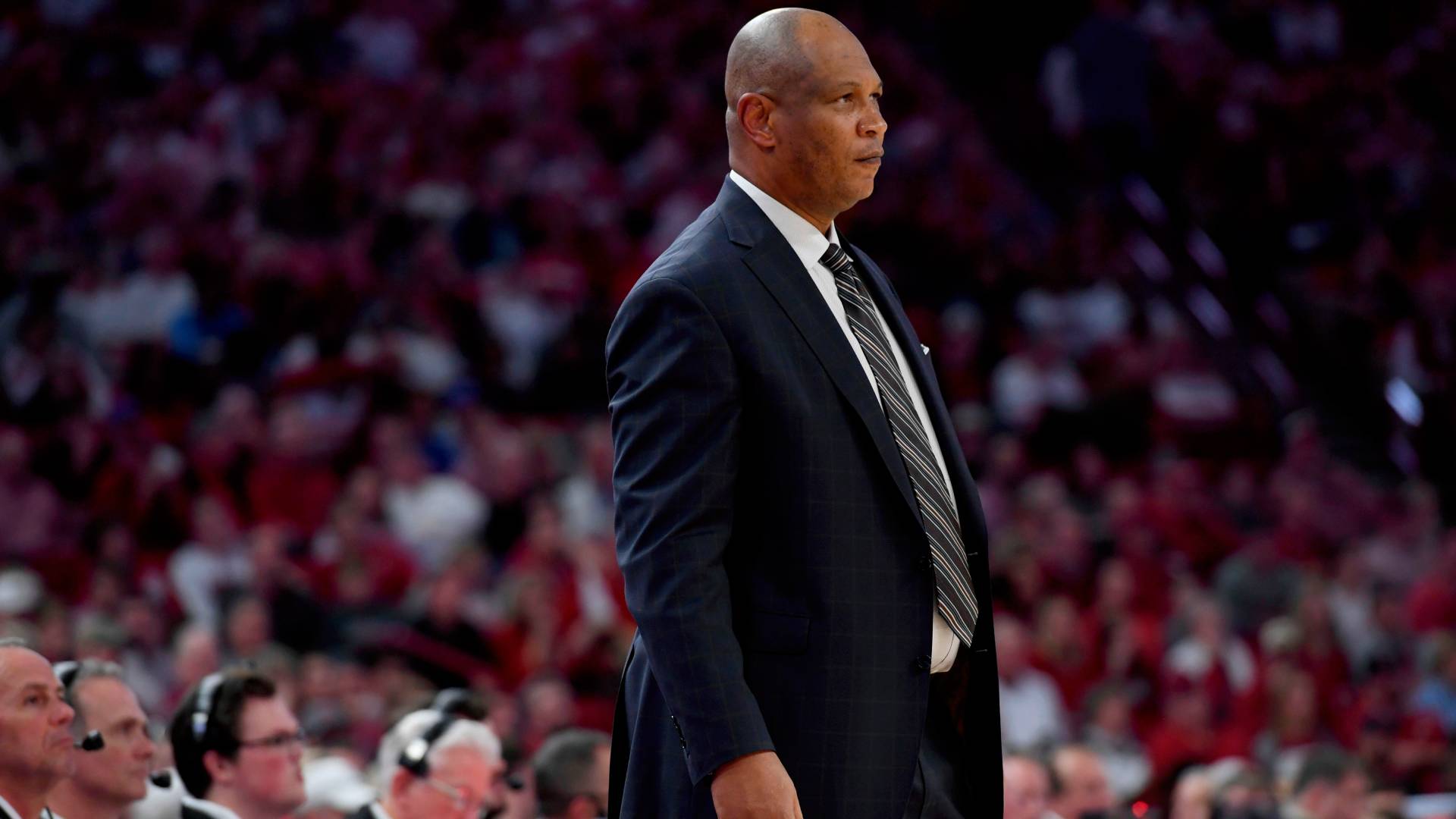
In 2004, Payne started his coaching career at the University of Oregon. As an assistant at the University of Kentucky, he became known for his recruiting abilities and his skill at developing big men.
Now, nearly two decades after starting his coaching career, and four decades after discussing those dreams with Crum, Payne is the head man at UofL.
It’s a job in which Crum expects him to excel and the 85-year Hall of Famer will be there for whatever his former player needs. “There isn't any question in my mind that he’ll do whatever it takes to be successful and I’ll be happy to help him any way I can,” Crum said.





